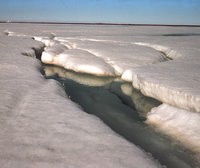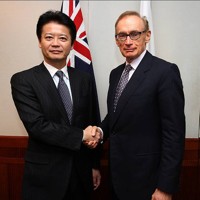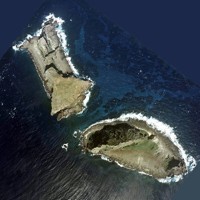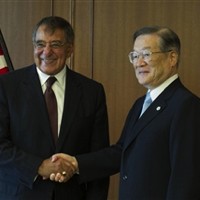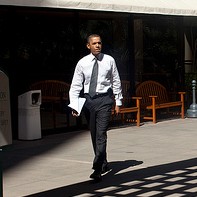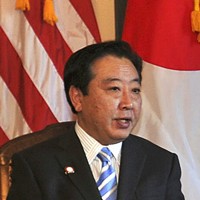
The U.S. and Japan recently concluded an agreement to expand their joint missile defense program by installing a new X-Band radar in southern Japan, in addition to the one already located in Shiriki, Japan. Reports also suggest that the U.S. is looking to deploy another of these highly intrusive and sensitive systems somewhere in Southeast Asia, further complementing the missile-defense capabilities of Aegis-equipped U.S. warships that patrol international waters in the region. Combined, the developments suggest that the U.S. intends to build a string of missile defense systems around the arc of the South China Sea. Obviously unhappy with these […]

